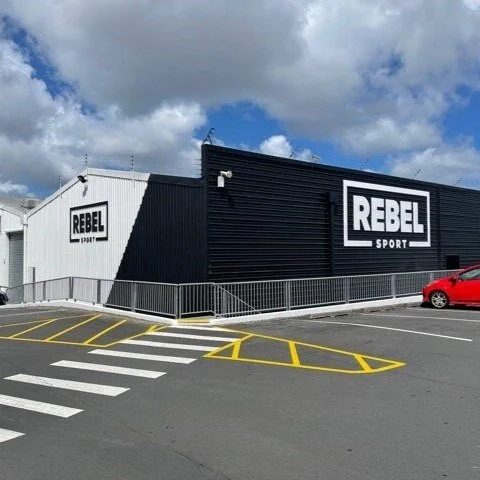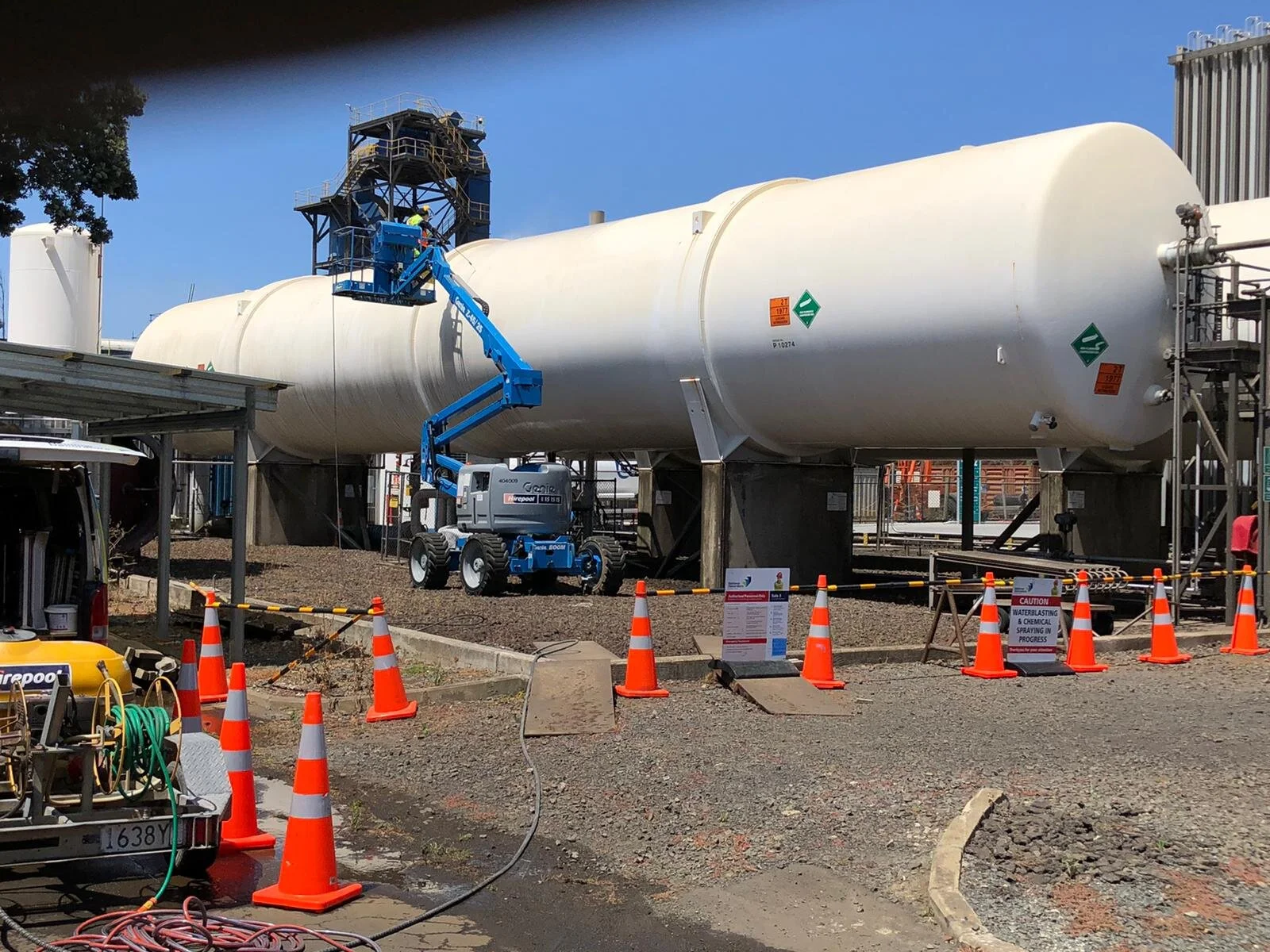How Often should our Fuel Stations be Washed?
How Often should our Fuel Stations be Washed?
During a maintenance year we’ll hear from people who are deciding to take the bull by the horns and regain control of their site maintenance. Petrol Stations and Fuel Stops are no different and one of the most asked questions is “How many times a year does my site need to be cleaned?”. Below we’ll cover some key considerations on how to assess your cleaning needs and what type of washing program will be the right fit.
I need to improve the presentation of our Fuel Site. How?
Fuel stations often haven’t been cleaned for ages before someone realises their site is not looking safe or clean and is losing market-share to the flashy new station that just opened up the road. We’re all capable of tunnel vision when we’re working in the same environment day in day out, and the oil and grime build up is often a cumulative process. At this point, the owner has a couple of options, either taking a Reactive “one off” approach, or pulling the sites into a Pro-active Washing Plan.
Learn More: Washing Fuel Stations
There are two traditional lines of thought on petrol station washing schedules, Reactive and Pro-active, with both having their valued points. Of course, there is a tonne of criteria that drive which model works best., some of which can look like below:
Am I an Owner Operator site or do I manage 1-200+ Company owned sites?
Do the sites have a high traffic count across the board, or are some more frequented (read get a harder life) than others?
Fuel Stops, Service Station(s), or a blended model?
Do I have Branding standards I want to take control of? Do I have time to organise contractors on a reactive basis?
Reactive Fuel-Station Washing:
Take the Owner-Operator that owns 2 stations. He’s just realised that they haven’t done any deep forecourt cleans for a couple of years and the oil and diesel is becoming a real slip hazard for customers. The underside of the canopy is black with Diesel fumes and the white concrete curbs are flaking and dirty. He’s got low-medium traffic consistent on both sites.
What’s the Best Owner/Operator Solution?
In this situation a Reactive Wash is ideal. He’ll get a Deep-Clean on the Forecourt and the canopy, Clean and degrease all other surfaces & pumps and this can provide an immediate site upgrade. The current state is improved, and people will feel more confident and safer on these sites.
The risk here is that the cleaning isn’t being kept up regularly and the site can fall back into disrepair unless the owner keeps on top of organising the contractor to come back each year.
Pro Active Fuel-Station Washing Program:
Now take PetroleFuel, a fictional up and coming network of 150 Service Stations that re-branded 6 years ago, and have a mixture of new sites, old sites and everything in-between. They are getting increased volume year on year and have decided as a group that their sites aren’t getting consistent service via 14 different regional cleaners. They are looking to minimise hazards on their forecourts and increase their customer satisfaction. Moreover, they also aim to make their branding more consistent across their sites.
What’s the Best Fuel Station Network Solution?
PetroleFuel will be best served formulating a Pro-active Washing program with a contractor that has nationwide capability. This approach is Brand-Positive and can capture all the cleaning services they need, while also working with a contractor that has capacity to visit sites regularly and add value with audits and condition reporting. Depending on the goals of PetroleFuel their plan should incorporate both deep and light cleaning elements on a more frequent basis.
Depending on agreed outcomes and services, this should incorporate an annual Deep Clean Service + Audit, followed by 2-3 visits per 12 months for strategic Light Clean Services, which target only the high-use areas, and are smaller service cost.
Due to having a portfolio of scale, a nationwide washing program on the above or similar frequency will provide efficiency and consistency for less cost than the absolute logistical headache of organising Reactive Washes on 150 sites! Customers seeing regular maintenance & cleaning will usually vote with their feet
Summary
Reactive Washes are OK for smaller operations, and provided they keep on top of organising it annually, will be fit for purpose to remediate a small number of sites. Companies that have larger portfolios will benefit by partnering with a nationwide company and getting a bespoke washing program together that combines an annual Deep Clean with 2-3 visits during the year for Light Clean Services on high use areas.












